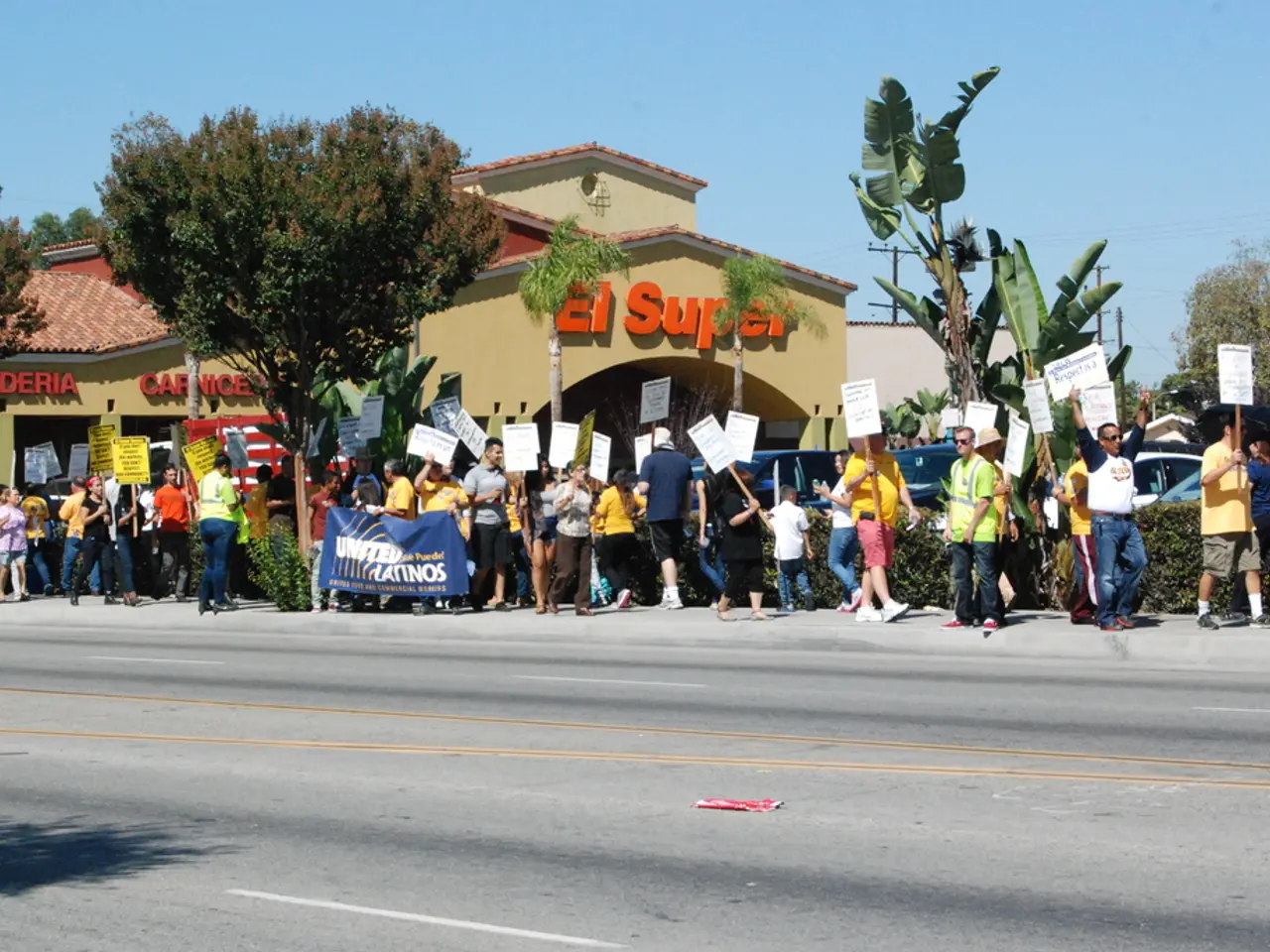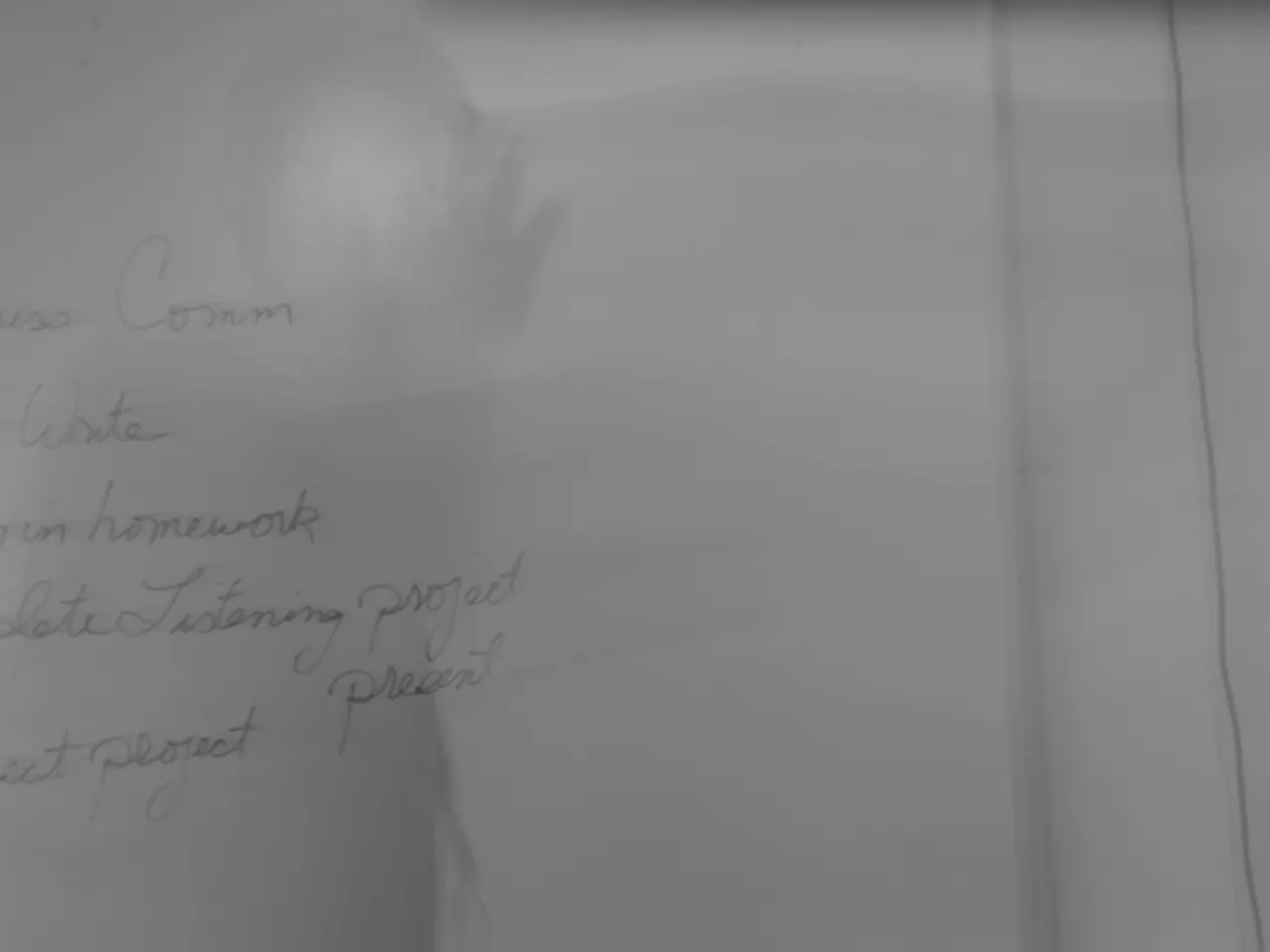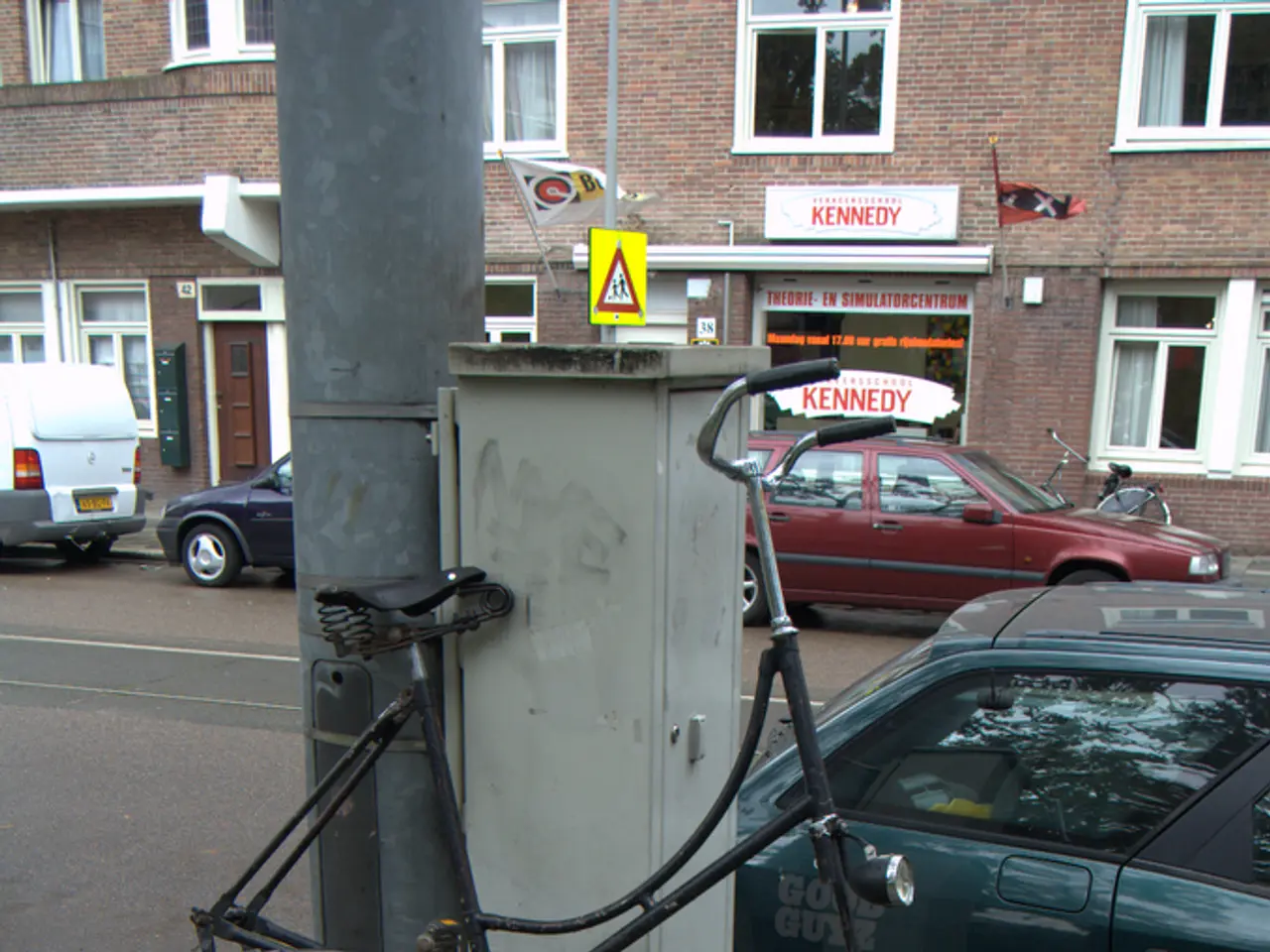Poland elects Karol Nawrocki as its new president in a closely contested election.
Poland is bracing for a significant political shift as Karol Nawrocki, a historian and former head of the Institute of National Remembrance, has been officially declared the winner of the 2025 presidential election. Nawrocki, who ran with the support of the Law and Justice party (PiS), narrowly defeated Civic Coalition candidate Rafał Trzaskowski in the second round, securing 50.89% of the vote.
Nawrocki's victory introduces a potential counterbalance to Prime Minister Donald Tusk's centrist, pro-European Union government. As a right-wing populist, Nawrocki is expected to use his presidential veto powers to block Tusk’s reforms aimed at liberalizing abortion laws and overhauling a court system criticized by the EU for being politically biased. This effectively stalls Tusk's attempts to align with EU demands and liberalize domestic policies.
The new president's opposition to deeper European integration, championed by Tusk, could complicate Poland's relations with the EU. While Tusk pushes for a more cohesive European response on defense and foreign policy, especially regarding Ukraine and cooperation within and beyond NATO, Nawrocki is skeptical of Poland losing sovereignty to Brussels. He favours strengthening bilateral relations with the US over further EU integration, signalling a more nationalistic and sovereignty-focused approach.
Nawrocki's presidency also marks a deepening conservative turn in Poland, threatening freedoms such as abortion rights and testing the EU's ability to uphold its core democratic principles within member states. This places Poland at a crossroads between EU values and nationalist-conservative governance.
Voter turnout reached 71.63%, marking the highest participation in a presidential election since the establishment of the Third Polish Republic. The Polish presidency holds significant powers, including the ability to veto legislation and influence foreign policy decisions.
European Commission President Ursula von der Leyen congratulated Nawrocki and emphasized the importance of continued cooperation based on shared democratic values. Ukrainian President Volodymyr Zelensky also congratulated Nawrocki and expressed hope for fruitful collaboration between Poland and Ukraine. However, some European leaders have expressed concern over the potential shift in Poland's stance towards the EU following Nawrocki's victory.
Nawrocki's campaign emphasized traditional values and national sovereignty, aligning with the broader ideological stance of the Law and Justice party (PiS). The new president's policies are likely to deepen political polarization domestically and potentially weaken the centrist coalition’s hold on power, empowering right and far-right parties ahead of the 2027 parliamentary elections amid public frustration over economic issues and the presence of Ukrainian refugees.
References: [1] "Karol Nawrocki's Presidency: A Challenge to EU Values and Polish Politics." European Policy Centre, 2025. [2] "The Impact of Karol Nawrocki's Presidency on Poland's Relations with the EU and the US." Centre for European Reform, 2025. [4] "Poland at a Crossroads: The Conservative Turn under Karol Nawrocki's Presidency." European Values, 2025.
- Nawrocki's victory is expected to create a counterbalance to the current government's liberal policies on issues like abortion laws and the court system, as he aims to use his presidential veto powers to block such reforms.
- The new political landscape may lead to a standstill in Poland's efforts to align with EU demands and liberalize its domestic policies, creating disputes on the basis of EU values.
- With Nawrocki's strong opposition to deeper European integration, Poland's relations with the EU could become strained, particularly in terms of defense and foreign policy, including Ukraine and NATO cooperation.
- The conservative policies under Nawrocki's presidency may threaten democratic freedoms, testing the EU's capacity to uphold its core principles within member states.
- As the highest participation in a presidential election since the Third Polish Republic, the 2025 election demonstrates a significant interest in the country's political direction, particularly with respect to the president's powers in policy-and-legislation and foreign affairs.
- European Commission President Ursula von der Leyen has expressed hope for continued cooperation between Poland and the EU based on shared democratic values, while some European leaders have raised concerns over the potential impact of Nawrocki's presidency on Poland's relations with the EU.
- Annexed by traditional values and national sovereignty, Nawrocki's presidency deepens political polarization in Poland and potentially weakens the centrist coalition's hold on power ahead of the 2027 parliamentary elections.
- The rise of the Law and Justice party (PiS) under Nawrocki's leadership signifies a more nationalistic and sovereignty-focused approach, with implications on numerous issues, including car-accidents, wars-and-conflicts, and migration policies.
- Journalists and media outlets covering general-news, crime-and-justice, and European policy are keeping a close eye on the potential impact of Nawrocki's presidency on these matters, as well as on the political developments in the context of fires and labor issues in Poland.






